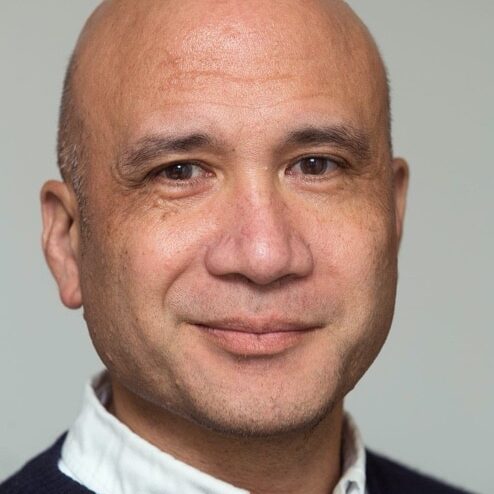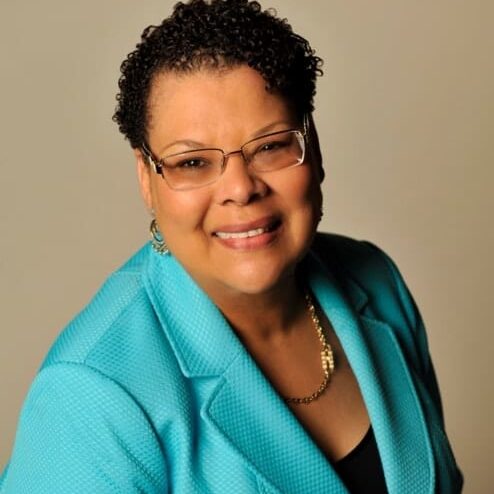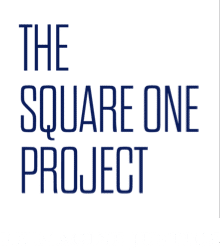August 2020 | Roundtable on the Future of Justice Policy Session 4: Increasing Social Mobility & Advancing Access to Education
Poor Justice
The close connection between poverty and the criminal justice system is not directly acknowledged in the formal rules and procedures of police, courts, prisons, and the criminal law. Yet, with few exceptions, people who have grown up poor and come from low-income communities fill the criminal courts, and are incarcerated in prisons and jails. This paper describes the relationship between poverty and the state institutions charged with crime control.
Author

Bruce Western Co-Founder, Square One Project; Co-Director, Justice Lab; Bryce Professor of Sociology and Social Justice, Columbia University
Suppressing Education to Silence Resistance
America is boiling over with resistance to systems of policing, prosecution, adjudication, and punishment. A more diverse group than ever before has been ignited to resist. And now, the history of access to education in American prisons begs to be compared to ways in which education has historically been denied as a means to suppress resistance to the state’s power over Black people and to limit their freedom, autonomous organizing, and self-actualization.
Author

Vivian Nixon Executive Director, College and Community Fellowship
Video
Inspired by the session's papers, Roundtable Participants discussed the role of anti-poverty policy and expanding social mobility in efforts to reimagine justice as well as the ways in which education can be a tool to address unjust systems and how to ensure that access to education is not denied or restricted from non-white scholars.
